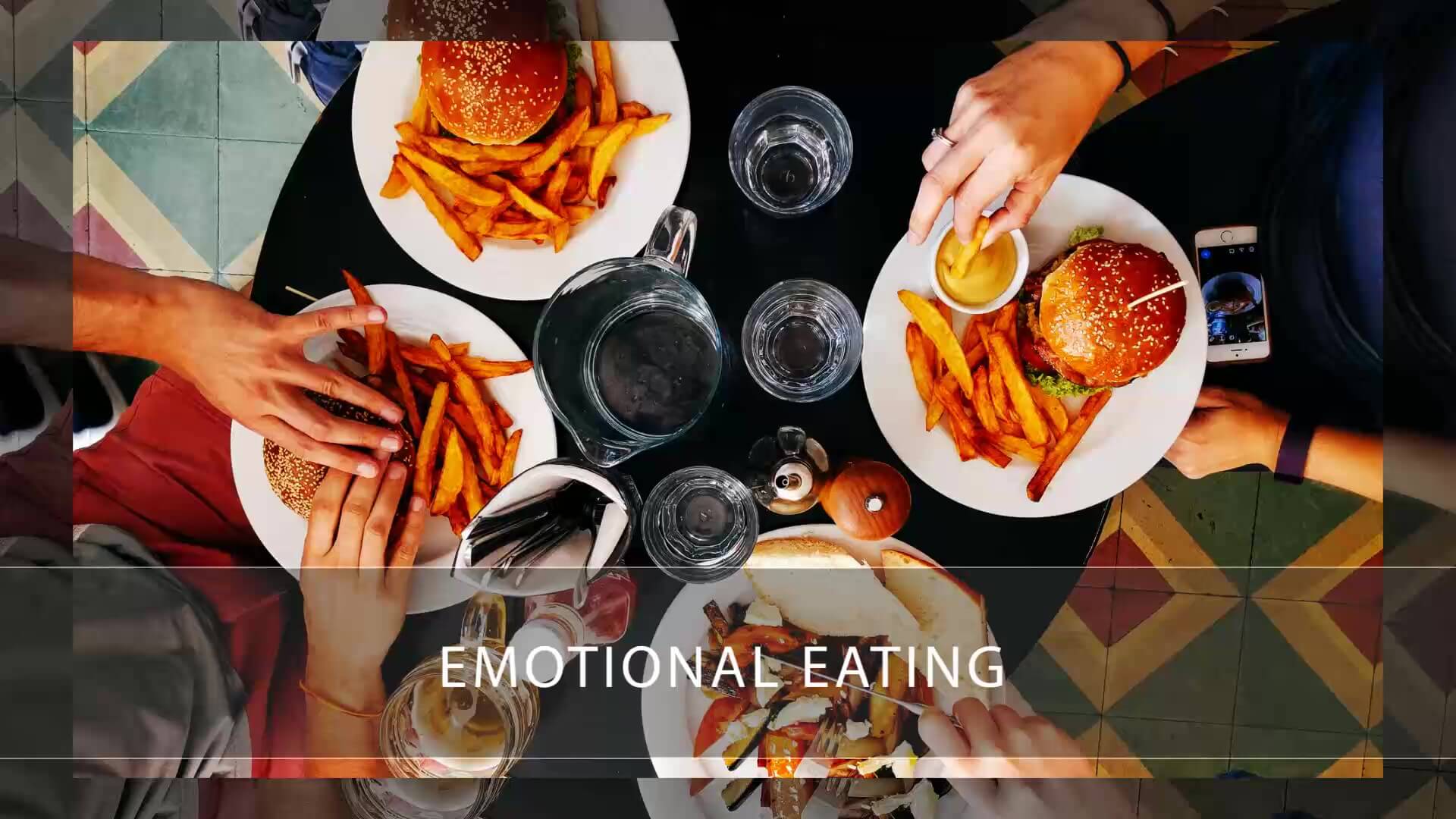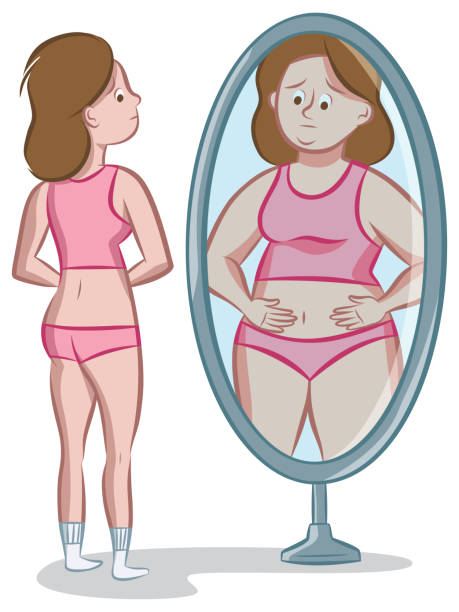
Emotional Eating: Gain Control
By Christine Ferch
Do you have problems with emotional eating and difficulty maintaining and gaining control? A favourite activity for many, snacking can be the highlight of the day if there are goodies in the cupboard! However, this action can be harmful when we being to eat when we are stressed, something I too am guilty of.
Emotional Eating is when we reach for food several times a day or during the week to suppress or soothe negative feelings such as sadness, grief, anger, worry, guilt or shame. When we eat this way it turns into a cycle, feel bad eat chips, feel stressed reached for chocolate. This cycle is associated with other mental and physical health concerns such as weight gain and low self-esteem, body image concerns and confidence.
What causes us to eat this way? When we are faced with situations with are filled with stress or trigger the negative emotions above, we go to the fridge. We go for food because negative emotions tend to leave what people describe as a void or emptiness and food can fill this void because of the feeling of “fullness”. Some other components which lead us to use food are:
Retreating: isolating away from social support in times of emotional need
Not engaging in coping strategies to acknowledge, label, sit with and let go of negative feelings
Negative self-talk in binge-eating episodes increases the cycle of emotional eating
Stress changes cortisol levels which can lead to cravings
What contributes to our emotional eating?
Research has indicated elements other than a lack of control or discipline when it comes to emotional eating. Other factors which contribute to emotional eating are:
- Unawareness: we are not sure what is causing us to eat, we not conscious of what or why we are eating. We eat because there is food in front of us. To reduce this, try mindfulness skills which can address how the body is feeling and self-compassion assists with reducing self-judgement.
- Food as your only pleasure. When food is the only source of joy, it seems reasonable to use this as a coping strategy because it makes you feel good. However, you only feel good temporarily. Finding other sources of pleasure, such as outdoor activities or crafts, can help reduce the impact of eating because you will turn to these activities instead of eating.
- Inability to tolerate complicated feelings: we use problematic behaviours to distract ourselves or to handle complicated emotions such as emotional eating.
- Body hate a large factor to emotional eating because negativity, shame and hatred do not inspire people to make personal changes. Some people feel they will love their body when they reach their weight, you will love your body when you let go of the emotional eating cycle.
- Physiology: when we let ourselves get too hungry or too tired, we move towards emotional eating because the signals are delayed and prone to cravings or urges.
Another aspect to consider is if you are eating because you are hungry or if you are emotional eating
Physical hunger:
- comes on gradually and can be postponed
- can be satisfied with any number of foods
- means you are likely to stop eating when full
- does not cause feelings of guilt
Emotional hunger:
- feels sudden and urgent
- causes particular cravings (e.g., for pizza or ice cream)
- you tend to eat more than you usually would
- can cause guilt afterwards
Questions to Ask Yourself
You can also ask yourself these questions about your eating:
- Have I been eating larger portions than usual?
- Do I eat at unusual times?
- Do I feel a loss of control around food?
- Am I anxious over something, like school, a social situation, or an event where my abilities might be tested?
- Has there been a significant event in my life that I’m having trouble dealing with?
- Am I overweight, or has there recently been a big jump in my weight?
- Do other people in my family use food to soothe their feelings too?
If you feel you are struggling with emotional eating and want to learn coping strategies to keep the food on the shelf for when you are hungry, or have any other questions regarding emotional eating, contact us at admin@ovcs.ca
Feel free to check out my other blogs on mental health topics 😊 Check out our blog post on Emotional Eating That Drives You.



